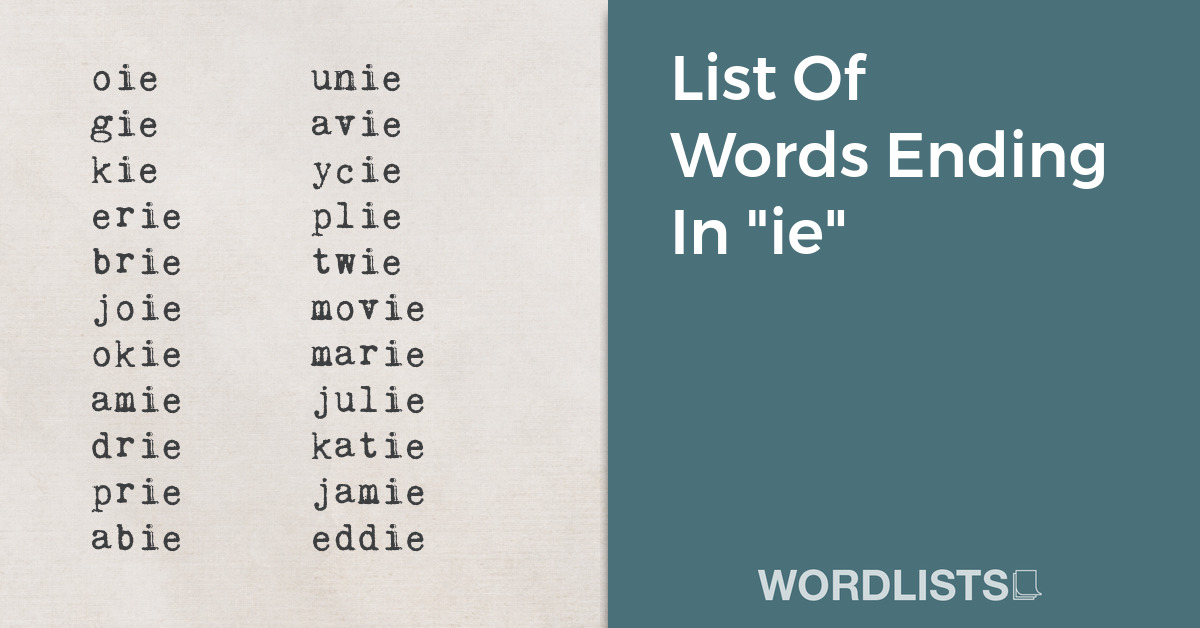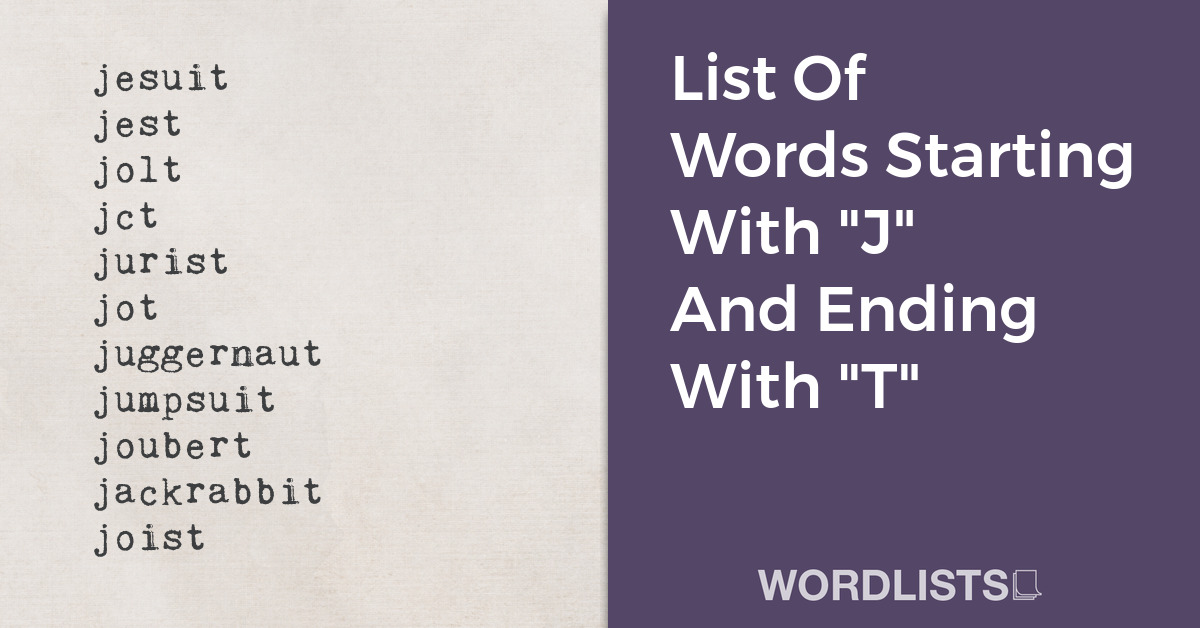Teaching is a noble profession that involves sharing knowledge and helping others learn and grow. From primary school teachers to university professors, there are many different levels and subjects that educators can specialize in.
There are also many words associated with teaching that help us describe and understand this profession. From terms for different types of teaching methods and educational philosophies to words that describe the skills and qualities of a good teacher, this list of 50 words will give you a greater appreciation for the important role that teachers play in our society.

Subscribe to our mailing list to receive FREE exclusive content and offers!
50 Words Associated With Teaching Meanings
Education: This refers to the process of receiving or giving systematic instruction, especially at a school or university. It’s a form of learning in which knowledge, skills, values, beliefs, and habits are transferred from one generation to the next.
Instructor: This is an individual who helps others acquire knowledge, competences, or values. They often work in a teaching capacity in a variety of settings, from classrooms to fitness centers.
Lesson: This is a structured period of time where learning is intended to occur. It involves one or more students (also called pupils or learners in some circumstances) being taught by a teacher or instructor.
Classroom: This is a learning space, a room in which teaching or learning activities can take place. This includes traditional classrooms in educational institutions, virtual classrooms for online learning, and any space where learning takes place.
Curriculum: This is the planned interaction of students with instructional content, materials, resources, and processes for evaluating the attainment of educational objectives.
School: This is an institution where instructors teach students in various academic and vocational subjects. It can refer to a range of educational institutions, from primary to secondary schools and universities.
Student: This is a learner or someone who attends an educational institution.
Knowledge: This is the understanding and awareness of facts, information, skills, and concepts, which is acquired through experience or education.
Learning: This is the process of acquiring new understanding, knowledge, behaviors, skills, values, attitudes, and preferences.
Teach: This is to impart knowledge or give instruction to someone.
Teacher: This is a person who helps students acquire knowledge, competence, or virtue. They work in a variety of settings, including public and private schools, and their roles can range from instructing in one subject to overseeing a classroom of students.
Tutor: This is a private teacher who gives additional, special, or remedial instruction to a student or a group of students.
Mentor: This is a person who guides a less experienced person by building trust and modeling positive behaviors. In an educational setting, a mentor often provides guidance to a younger student on career paths or specific academic subjects.
Academic: This pertains to education and scholarship, or a place of learning like a school or university. As a noun, it often refers to a teacher or scholar in a college or institute of higher education.
Discipline: This refers to a branch of knowledge, typically one studied in higher education.
Assignment: This is a task or work given to someone as part of their studies or job.
Test: This is a procedure intended to establish the quality, performance, or reliability of something, especially before it is taken into widespread use. In education, it’s often used to measure a student’s knowledge, skill, aptitude, or classification in many other topics.
Exam: Short for examination, this is a formal test of a person’s knowledge or proficiency in a subject or skill.
Homework: This is work assigned to students by their teachers to be completed outside of class.
Grades: These are used to measure the academic performance of a student. It can be in the form of letters (A, B, C, D, F), as a range (1-6), as a percentage, or as a number out of a possible total.
Evaluation: This is a systematic determination of a subject’s merit, worth and significance, using criteria governed by a set of standards. In education, it often refers to an appraisal of a student’s work, such as a test, an essay, or a presentation.
Feedback: This is information about reactions to a product, a person’s performance of a task, etc. which is used as a basis for improvement. In education, it’s often provided by teachers to students to help them understand what they can improve on.
Knowledge transfer: This is the process of transferring knowledge from one part of the organization to another. In education, it can refer to the process of teaching, where knowledge is transferred from the teacher to the student.
Skill acquisition: This is the process of learning and acquiring new skills. In an educational context, it refers to the process through which students learn new skills, whether academic or practical.
Lesson plan: This is a detailed description of the course of instruction, or ‘learning trajectory’ for a lesson. A daily lesson plan is developed by a teacher to guide class learning.
Curriculum design: This refers to the deliberate organization of curriculum within a course or classroom. When teachers design curriculum, they identify what will be done, who will do it, and what schedule to follow.
Instructional strategies: These are techniques teachers use to help students become independent, strategic learners. These strategies become learning strategies when students independently select the appropriate ones and use them effectively to accomplish tasks or meet goals.
Classroom management: This is a term teachers use to describe the process of ensuring that classroom lessons run smoothly without disruptive behavior from students compromising the delivery of instruction.
Assessment: This is the systematic process of documenting and using empirical data on the knowledge, skill, attitudes, and beliefs to refine programs and improve student learning.
Grading: This is the process of applying standardized measurements of varying levels of achievement in a course.
Tutoring: This is the act of providing instruction to an individual or a small group of students who need additional assistance.
Mentorship: This is a relationship in which a more experienced or more knowledgeable person helps to guide a less experienced or less knowledgeable person.
Professional development: This refers to skills and knowledge attained for both personal development and career advancement. It often involves formal types of vocational education, typically post-secondary or poly-technical training leading to qualification or credential required to obtain or retain employment.
In-service training: This is a professional training or staff development effort, where professionals are trained and discuss their work with others in their peer group.
Workshop: This is a brief intensive course, a seminar, or a series of meetings emphasizing interaction and exchange of information among a usually small number of participants.
Conference: This is a meeting of people who “confer” about a topic. Academic conference, in science and academic, is a event where researchers present results, workshops, and other activities.
Seminar: This is a form of academic instruction, either at an academic institution or offered by a commercial or professional organization. It has the function of bringing together small groups for recurring meetings, focusing each time on some particular subject.
Lecture: This is an oral presentation intended to present information or teach people about a particular subject, for example by a university or college teacher.
Presentation: This is the process of presenting a topic to an audience. It is typically a demonstration, introduction, lecture, or speech meant to inform, persuade, inspire, motivate, or to build good will.
Demonstration: This is an action by which a teacher illustrates the principles, theories, and practical application of a subject, typically with visual aids or physical examples.
Discussion: This is a detailed treatment of a particular topic or range of topics that is intended to lead to a deeper understanding and stimulate thought. In the context of teaching, it often refers to an interactive conversation or debate held in a classroom.
Inquiry: This is a seeking for truth, information, or knowledge — seeking information by questioning. In the context of teaching, it often refers to a student-centered method of teaching in which students develop questions and investigate to find solutions.
Debate: This is a process that involves formal discussion on a particular topic. In a debate, opposing arguments are put forward to argue for opposing viewpoints. It can be an effective tool in teaching critical thinking and public speaking skills.
Case study: This is a research method involving an up-close, in-depth, and detailed examination of a subject of study (the case), as well as its related contextual conditions. In the context of teaching, it’s often used to make real-world connections to the material being taught.
Role play: This is an educational method in which people spontaneously act out roles in a simulated situation as a means of learning.
Simulation: This is the imitation of the operation of a real-world process or system over time. In education, it often refers to the use of computer programs or physical models to replicate a real-world scenario for teaching purposes.
Project-based learning: This is a dynamic classroom approach in which students actively explore real-world problems and challenges and acquire a deeper knowledge.
Experiential learning: This is learning through reflection on doing, which is often contrasted with rote or didactic learning.
Collaborative learning: This is an educational approach to teaching and learning that involves groups of students working together to solve a problem, complete a task, or create a product.
Differentiated instruction: This is a teaching method that involves adjusting the curriculum, teaching methods, and classroom environment to better meet the individual needs and skills of students.







